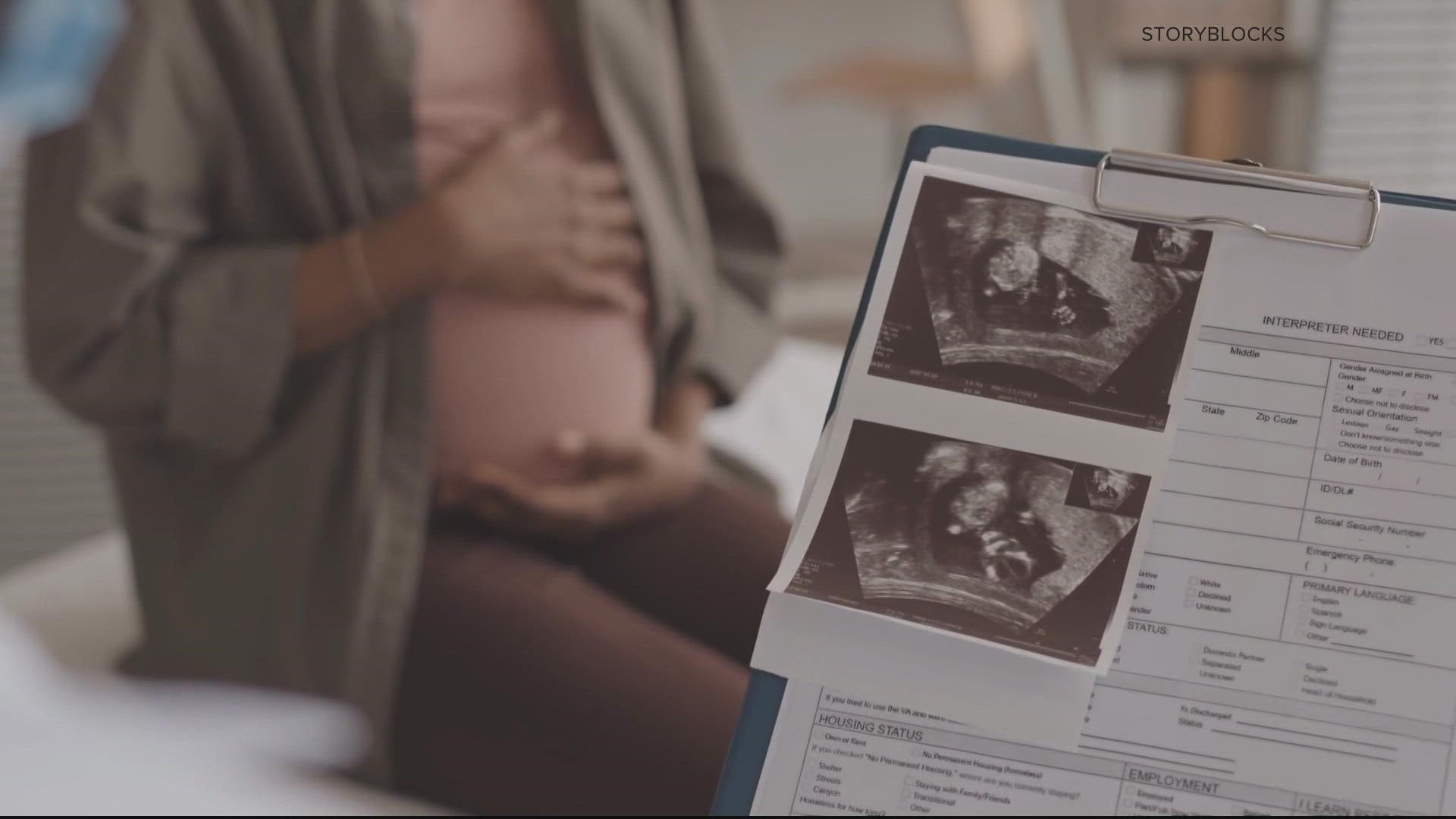WASHINGTON D.C., DC — It’s been less than a month since the Supreme Court kicked abortion rights back to the states, and pre-Roe and trigger laws are no longer a possibility—they're a reality.
Abortion is now illegal in many states.
That predicament has set up a battle between anti-abortion states and pro-choice District Attorneys and prosecutors. For example, in states like Texas, which is on the cusp of banning abortion, DAs in Dallas, Austin and San Antonio are promising to turn a blind eye.
So let’s VERIFY, what can states do if a local prosecutor refuses to enforce the law?
Our VERIFY researchers spoke with Bruce Green, a professor at Fordham University who specialized in laws that govern lawyer conduct; and James Tierney who was the attorney general in Maine for a decade in the 1980s.
"It's just a big colossal mess," Green said.
Green and Tierney explain that typically district attorneys handle criminal cases, and Attorneys General handle civil cases; although, in some states AG’s can help prosecute criminal cases too.
"We have 6,000 district attorneys in our country, they are primarily responsible for the day-to-day prosecution of criminal activities," Tierney said. "Attorney's general supplement and occasionally override decisions of those district attorneys based on the authority given to the attorney general in a particular state."
Green agreed.
"[District attorneys are] basically the executive branch officials who have received criminal cases," Green said. "Attorneys General actually vary from state to state. Some of them have more criminal jurisdiction, some have less, some probably don't have jurisdiction in abortion cases to bring criminal proceedings."
Our experts say these state and local prosecutors choose not to enforce state law all the time.
"They have huge discretion," Tierney said. "Everyday district attorneys, assistant district attorneys, assistant attorneys general decide to not enforce a law. That is why we choose them."
"You know, the general understanding is you bring the more serious provable cases," Green said. "Nobody's going to pass on a murder case in order to bring a shoplifting case. But within the galaxy of cases that you could bring, prosecutors decide which to bring, and that's just a feature of American criminal procedure."
Green gave examples of former Manhattan District Attorney Cyrus Vance, not prosecuting cases of marijuana possession or turnstile jumping, and other prosecutors who have said they won't bring death penalty cases.
So, they don’t need to enforce the laws.
The only way to remove a state or local prosecutor is through impeachment in extreme cases, or through an election. An election would be the primary way.
"I don't think in our system, you would likely impeach the prosecutor," Green said. "It's not lawless to make discretionary decisions that are unpopular."
So what can the state do if a local prosecutor ignores their laws?
It depends on the state and county.
Our experts say, there are ways to get someone else to prosecute, including the AG or a special prosecutor. Although this may require changing the state constitution or state law first.
And we could see this type of battle locally.
“I’m not going to prosecute any woman for making her own healthcare decisions," Steve Descano, the Commonwealth Attorney for Fairfax County, said in an interview.
While abortion is still legal in Virginia, Descano is one of at least nine local prosecutors in the Commonwealth who have pledged not to enforce an abortion ban.
This, as Governor Glenn Youngkin has expressed support for a 15-week ban on abortions in the Commonwealth.
“We're making it very clear to our governor who is actively trying to build into state law, abortion restrictions that that is not going to play in Fairfax County," Descano said. "And that regardless of what that statute says, we're going to be protecting a woman's right to choose here in Fairfax."
As for whether state politicians could go around local prosecutors like Descano, that would all be up to the courts.
Our VERIFY researchers also spoke with Wisconsin Attorney General Josh Kaul. Wisconsin has an 1849 abortion ban on the books, and both Kaul and Governor Tony Evers have filed a lawsuit to overturn the pre-Roe law.
In Wisconsin, it's up to the district attorney, but the AG can assist DAs or serve as a special prosecutor, Kaul explained.
“In a world where we've got limited resources, I would rather see those DAs use their resources to prosecute homicides, or sexual assaults or robberies or drug trafficking," Kaul said. "To divert those resources to abortion cases, I think is wrong and backward.”

